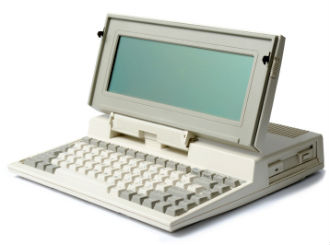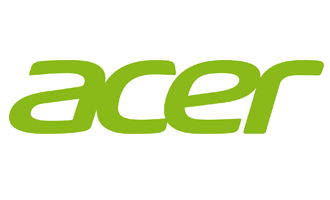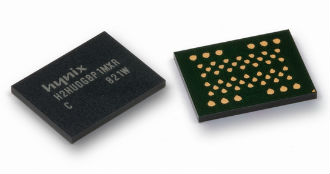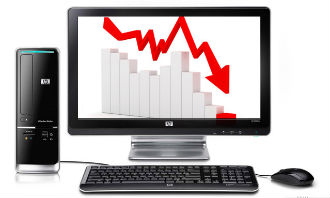 Contract manufacturers of notebooks had one of their worst quarters on record in Q1. According to IHS, they suffered a worse than expected quarter, with shipments to Apple and HP tumbling to the lowest level in three years.
Contract manufacturers of notebooks had one of their worst quarters on record in Q1. According to IHS, they suffered a worse than expected quarter, with shipments to Apple and HP tumbling to the lowest level in three years.
Global shipments from ODMs in the first quarter totalled 33.2 million units, down 17 percent from 40.1 million in the fourth quarter of 2012.
The downturn was four to five percentage points than what IHS had originally forecast, prompting more concerns about the beleaguered industry. Taiwan based ODMs build notebooks for Apple, HP, Dell, Samsung, Lenovo, Acer, Asus and Toshiba.
The knock on effect hit ODMs hard. Quanta got the worst of it, with a 27 percent plunge in shipments. It lost its spot as the world’s top ODM to Compal as a result. Furthermore, Quanta apparently received “conservative” orders from Acer, Asus, HP and Apple during the quarter. Compal saw a quarterly decline of 5 to 7 percent and it weathered the storm a bit better than other ODMs, thanks to stable shipments to Dell and Lenovo.
Wistron’s drop in shipments was 16 percent, but it still managed to rank third. Inventec saw a 9-percent drop and it ended in fourth spot, while Pegatron wasn’t as lucky. It saw its shipments plummet 21 percent, finishing the quarter in fifth spot.
There’s light at the end of the tunnel, though. ODM shipments are expected to improve in the second half of the year. The key drivers of growth will be cheap ultrathin PCs with touchscreens, along with new models based on Intel Haswell parts. In addition, Microsoft will lower the licencee fee for Windows for notebooks with a screen size of up to 11.6 inches, as we reported from Computex a few weeks back. Better late than never.










